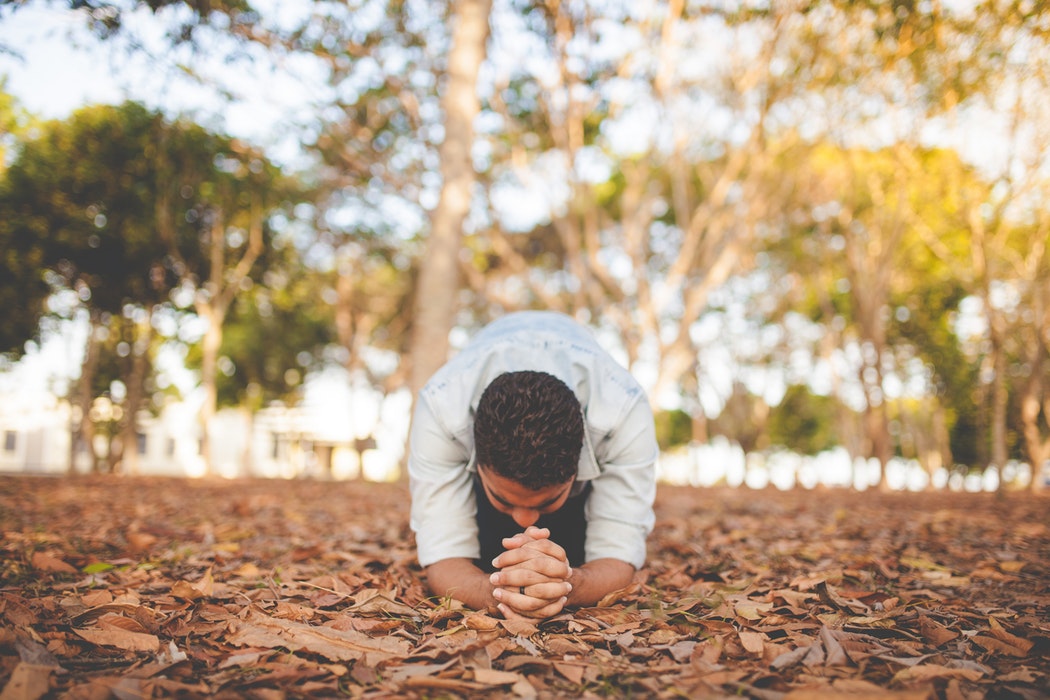For many of us, as deeply rational beings, the notion of praying is odd and religion is an outdated and mystical concept. How can there be a God if we can’t see him? We often regard religious people as conservative and backwards-minded. Further, there is a tendency to associate organized religion with fanaticism, such as Christianity with the Crusades, and Islam with the War on Terror. Generally, a belief in miracles is viewed as unfounded as there must always be an underlying scientific explanation for any occurrence.
While I believe in the power of free will, I am convinced that there are forces outside our control. Why is it that some people end up in the wrong place at the wrong time, while others are “miraculously” spared? I’d like to share two stories from my own family history. My paternal grandfather was a miner. The day the mine collapsed, killing everyone in his cohort, was the first and only time he had missed his shift, having fallen ill the night before. My dad’s oldest brother, who years later worked in a different mine, was severely injured in a workplace accident and was left for dead in the morgue. Several hours later he was found with vital signs, living into old age.
The common thread between these two stories is that my grandmother was a deeply spiritual woman who lived a life of prayer and faith. On the night of my uncle’s accident, she was deeply distressed and forebode that something terrible would happen to her eldest. She had also stopped my grandfather from going to work as he was preparing to leave despite feeling uncharacteristically weak. According to folktales in her village, her prayers had saved my grandfather and uncle from a certain death.
Many would argue that these two stories are nothing but coincidence. While I won’t dispute this, scientific studies have shown a positive correlation between both individual and intercessory prayers and health outcomes. As part of the mind-body connection, prayer can affect gene expression, which impacts the well-being of our cells. Group prayer on the other hand is argued to expand magnetic field waves, which may possibly have health-restoring properties for the individual that the prayers are emitted towards.
However, what sold me on prayer was not my grandmother’s story, nor the (pseudo)scientific evidence on the efficacy of prayer, nor the statistics that people who have a regular spiritual practice tend to lead longer and healthier lives, but rather it was my first-hand experience with prayer. I began to pray at the lowest point of my life, in an act of hopelessness and as testament to my own weakness. The effect was profoundly therapeutic, as over time I was able to transfer my anxieties onto a “higher power” and relieve my obsessive need for control. As a consequence of my increasingly positive inner dialogue, I noticed that my stress levels started to go down and that I had achieved a state of internal peace.
While I am not propagating any form of religious revolution, I think we should be open to prayer as a means to maintain our mental health. Why is it that secular practices such as yoga, meditation and mindfulness are all socially acceptable, but many of us find prayer strange? There is nothing weird about giving up control of your fears to a “higher power”, a “creator”, a “God” and ultimately experiencing much needed reprieve –just like with everything else, before dismissing prayer, it’s worth a try.


